A story about the many confusing ways we know what we do.
In
the long story of our ancestors describing nature and a perceived order of the world, the more recent emergence of science
as a means of describing certainty concerning our material existence marks an important means of redefining the direct relation of human life to an enduring cosmos.
"To the natural philosopher there is no natural object unimportant or trifling. From the least of nature's works he may learn the greatest lessons." [p. 11.]
"...the advantages which are to be derived from a mere knowledge of the usual order of nature without any attempt on our part to modify it.... " [p. 43.] *
"...knowledge of natural laws enables us to improve our condition." [p. 44.] *
* John Herschel, A Preliminary Discourse on the Study of Natural Philosophy. (1830).
But, it is far too easy to confuse the identical twins of modernity–that period of the sixteenth century in Europe when new mechanistic ideas dominated beliefs– technology with science. Both technology and science take on an importance today that was not always the situation before 1400.
Herschel's remarks quoted above indicate for purposes of this story the three features of knowledge we associate today–but not originally–with science. Nature is a source of significant lessons, an advantage to the careful observer, and a means to improve by comprehending better the conditions of existence.
Our knowledge of nature takes on two sides of a same coin:
| Technology | 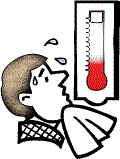
|
Science  |
| what we do | what we know | |
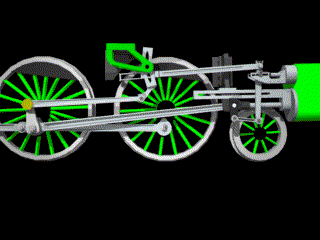 |
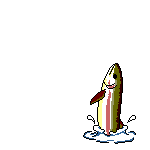
|
|
| techniques to solve problems | means to detect error | |
| practice from PRAXIS | know from Gnosis & EPISTEME | |
Caution: meanings change over time!
Science is a story based on a means to comprehend material existence to dispel the more uncertain mysteries about our physical, material, or functionally fundamental conditions.
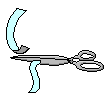 Science
is derived from the word to sever, or cut and is one refutable means among many
of the critical attempts to address the mystery that surrounds us, in order
to methodically discover the errors
in our thinking.
Science
is derived from the word to sever, or cut and is one refutable means among many
of the critical attempts to address the mystery that surrounds us, in order
to methodically discover the errors
in our thinking.
Science in the European sense is a systematic approach to particular bodies of knowledge.
The origin of the word science in contrast to older forms of knowing.
The tool kit we rely on requires that any culture is infused with both natural opportunities and constraints.
![]()
The cosmos can be divided into the larger macrocosm and the smaller world of the microcosm. Albert Einstein once mused that humanity stands halfway between the macrocosm and the microcosm recalling Protagoras idea that humans are the measure of all things.
| Macro |
Micro |
 |
|
| telescope |
microscope |
||
| photovoltaic cell |
chloroplast |
||
| computer |
ribosome |
||
| observed and tangible |
hidden and formative |
||
![]()
Technology is the study of the objects, materials, artifacts, utensils, devices, inventions, instruments and their practitioners in order to develop a systemic and measured response to what we discover when we alter the material conditions of existence.

The locomotive steam engine; symbol of 19th century technology.

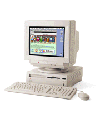
The computer "search engine;" symbol of 20th century technology.
Rules for using the toolkit
distinguishing techniques from technical means
Temptation: the tree of the knowledge of good and evil in the garden of Eden, as carved on the Cathedral of Chartres.
![]()
Here are the fundamental, material conditions of existence:
![]()
| Physical | Chemical | Biological |
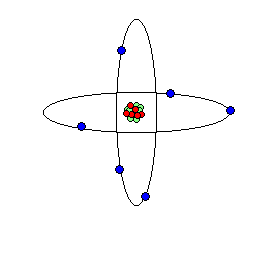 |
 |
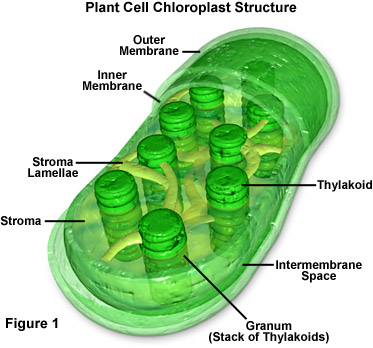 |
| Carbon atom | Glucose | Chloroplast |
| three universal forces | electromagnetic charges | evolution and ecology |
| planetary, cosmic forces | molecules | ethology and disease |

![]()
Periods in the past:
| period name | dates | associated events / personalities |
|---|---|---|
| ancient | 2000 BCE-1453 | Egypto-Indic-Babylonian-Arabic: Archimedes & Ptolemy |
| pre scientific | 1453-1680 | Sino-Arabic Technological dominance–cosmic divergence * |
| modern | 1680-1876 | Newtonian mechanistic (atomism), heliocentric revolution |
| nuclear | 1876 | Darwinian-genetic and Electromagnetic revolutions ++ |
| contemporary | 2000 | four fundamental forces become three, epigenetic factors, quarks, and string theories. |
* Cosmic divergence refers to the debate over the proper center of the planets and the observations of astronomers after Copernicus, Brahe, Galileo, Kepler, & Descartes. 1453 marks the Fall of Constantinople to the Ottoman Turks and the flight of scholars, savants, and technicians s to the west to avoid the fifty day siege.
++ 1876 is a bit arbitrary since it in no precise way corresponds to the publication of the Descent of Man, in 1871, generating direct current in 1880, or Becquerel's findings of photographic plate changes due to radiation in 1896. Instead, the year is easy to recall and it marks a period of transition when the old certainties of a mechanistic world were being challenged by new discoveries that by 1931 would overturn all the assumptions of an older, "positivistic" approach to the new science, a word first used in the 1830s as practitioners of experimental work were called "scientists." These were people such as Herschel, Faraday and Dalton.
Three aspects of any ecological problem